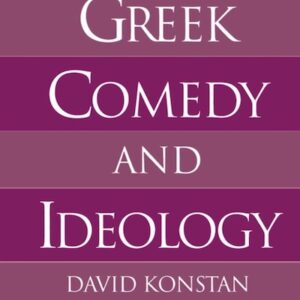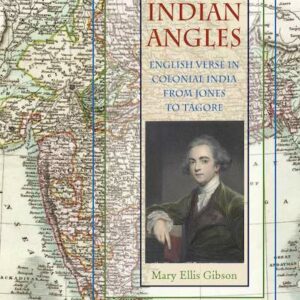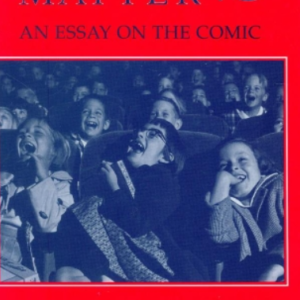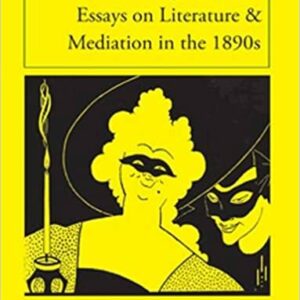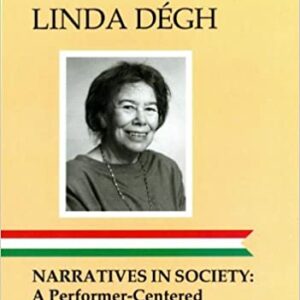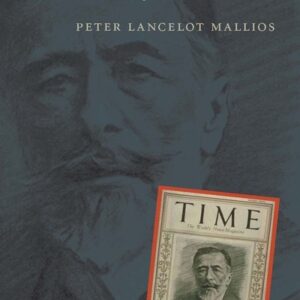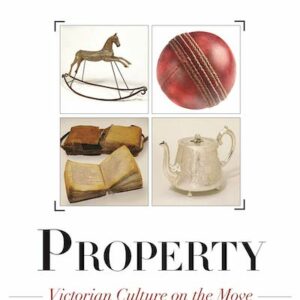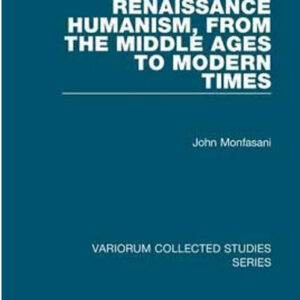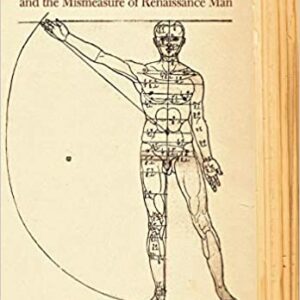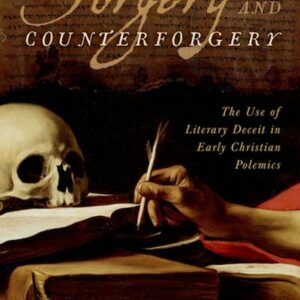
Forgery and Counterforgery: The Use of Literary Deceit in Early Christian Polemics
By Bart D. Ehrman (NHC Fellow, 2009–10; 2018–19) "Arguably the most distinctive feature of the early Christian literature," writes Bart Ehrman, "is the degree to which it was forged." The Homilies and Recognitions of Clement; Paul's letters to and from Seneca; Gospels by Peter, Thomas, and Philip; Jesus' correspondence with Abgar, letters by Peter and Paul in the New … Continued
